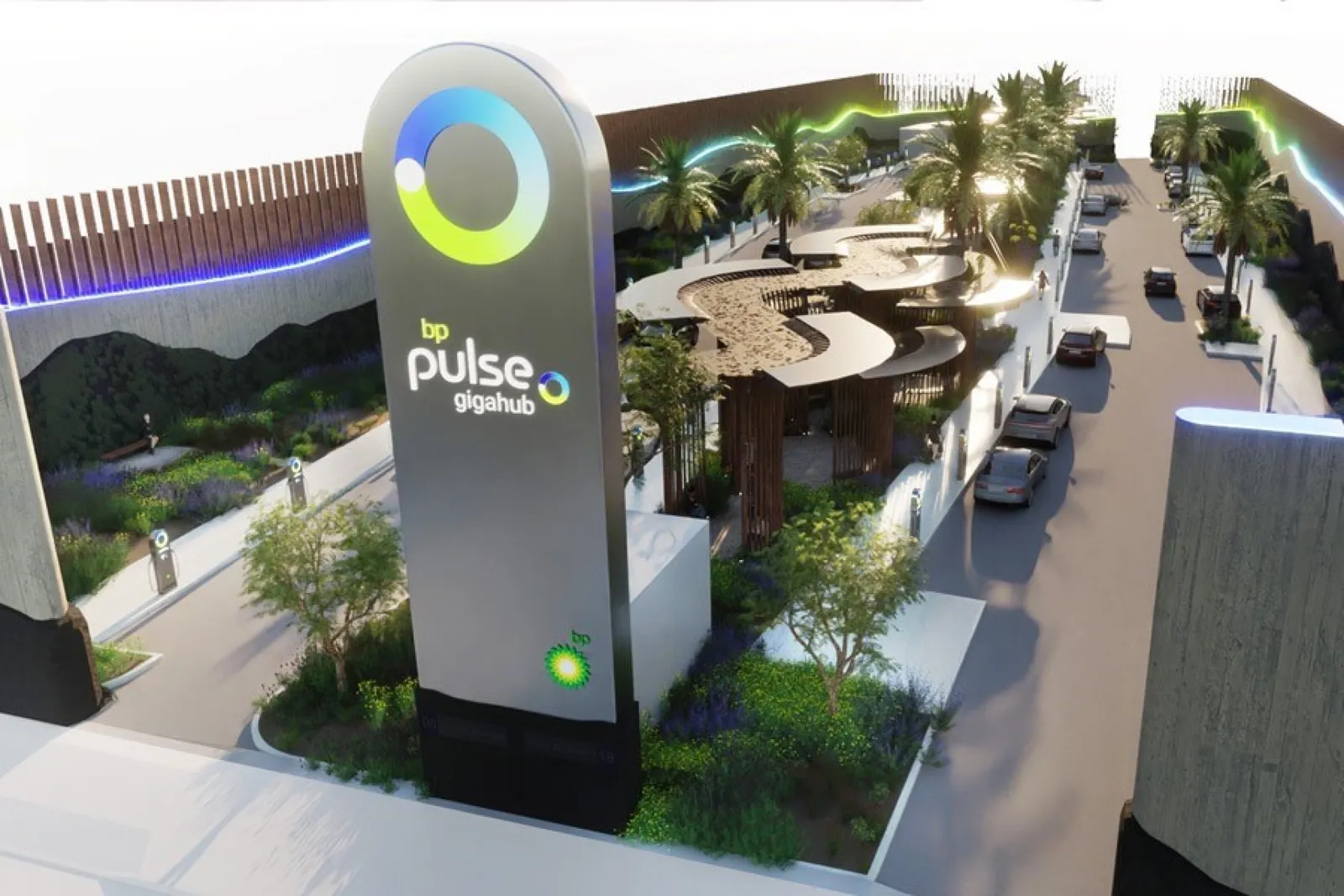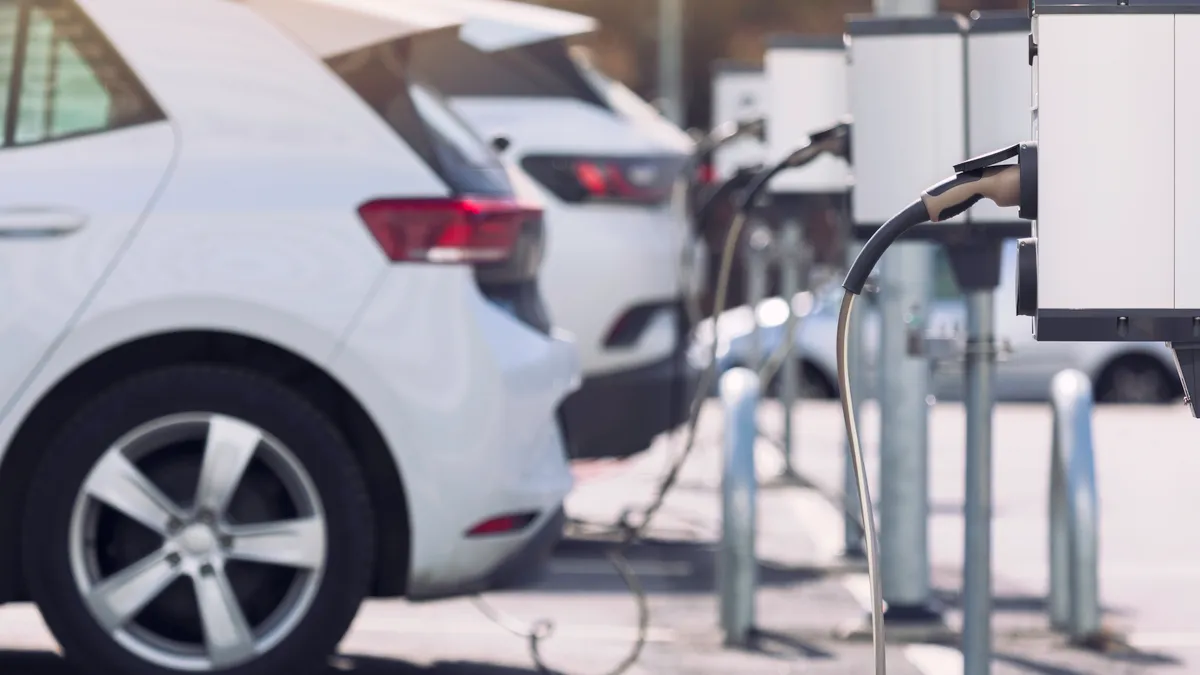As sales of electric vehicles continue to grow, inoperable and poorly maintained public charging stations increasingly frustrate drivers, according to an ongoing study by J.D. Power, the consumer data analysis firm known for its automobile quality and dependability studies. Charge point unreliability has increased 50% from 2021 to January 2023, according to data provided by Brent Gruber, executive director of J.D Power’s electric vehicle practice, from 14% to 21%.
“This steady climb upwards shows that it's not getting better,” Gruber said in an interview. The latest data show that more than one in five charging attempts fail, with survey participants attributing 72% of the failures to malfunctioning or out-of-service chargers. “That's affecting the satisfaction with the public charging experience,” he said.
Gruber explained that there are “a lot of older charging stations that are falling into a state of disrepair,” and that in particular, smaller owner/operator installations at retail locations may not be well maintained.
EV owners in states with higher numbers of electric vehicles are less satisfied with public charging stations than owners in the rest of the country. Also less satisfied, Gruber said, are owners in large cities with high-density housing, who are more likely to rely more on public charging. There’s an “even greater disconnect between the demand and the availability of chargers” in those areas, Gruber said.
As of 2022, when EV sales soared 65%, there were 53,764 public charging stations in the U.S., according to data from the Alternative Fuels Data Center. “In the United States, the rate of EV adoption is growing at a rate that is almost double that of charger installation growth rates,” Gruber said. “The construction of new charging stations is not keeping up with the demand.”
With the billions of dollars flowing into charging infrastructure from the 2021 infrastructure law, “there are a lot of companies that are jumping into the fray,” said Gruber. “What we're seeing in the public charging space is a bit of the Wild West right now.”
That’s triggered a frenzy of mergers and acquisitions, with at least seven deals in the U.S. and 25 globally last year. On Feb. 16, BP Products North America announced the acquisition of TravelCenters of America, a nationwide network of truck and car stops, restaurants and fuel outlets, which BP said will enable its growth in EV charging and alternative fuels to help customers decarbonize their fleets.
BP is also partnering with Hertz to establish a national network of EV charging stations. According to a Feb. 15 press release, the companies will build large-scale fast-charging hubs in Atlanta; Austin, Texas; Boston; Chicago; Denver; Houston; Miami; New York City; Orlando, Florida; Phoenix; San Francisco; and Washington, D.C. “Electrification won’t happen unless the infrastructure is there,” said Vic Shao, president of bp pulse fleet, in an interview.

Shao said bp provides a guaranteed service level to its customers. “We take very seriously the reliability and quality aspect of our network, but that requires a significant amount of behind-the-scenes work to make that happen,” he explained.
J.D. Power expects the National Electric Vehicle Infrastructure Formula Program funding “will lead to sizable growth in the availability of EV charging stations, but just adding stations isn’t the answer,” it notes in its press release. They need to be in the right locations, designed with things for users to do while they’re charging, and “we need to make sure those stations are reliable.”
The J.D. Power survey respondents ranked Tesla Destination and Tesla Supercharger highest in satisfaction among Level 2 and DC fast chargers, respectively. Tesla owners “enjoy a completely different charger experience,” said Jake Fisher, senior director of auto testing at Consumer Reports, in an interview. Tesla developed its own charging network, providing what Fisher called a “seamless experience.”
On Feb. 15, the White House announced that Tesla would open some of its charging network to non-Tesla vehicles. It’s pledging to make at least 7,500 chargers available by the end of 2024, but Gruber has doubts about “how open that network” will be. Already, some Tesla owners are worried about increased competition for chargers, leading to congestion and longer wait times.













